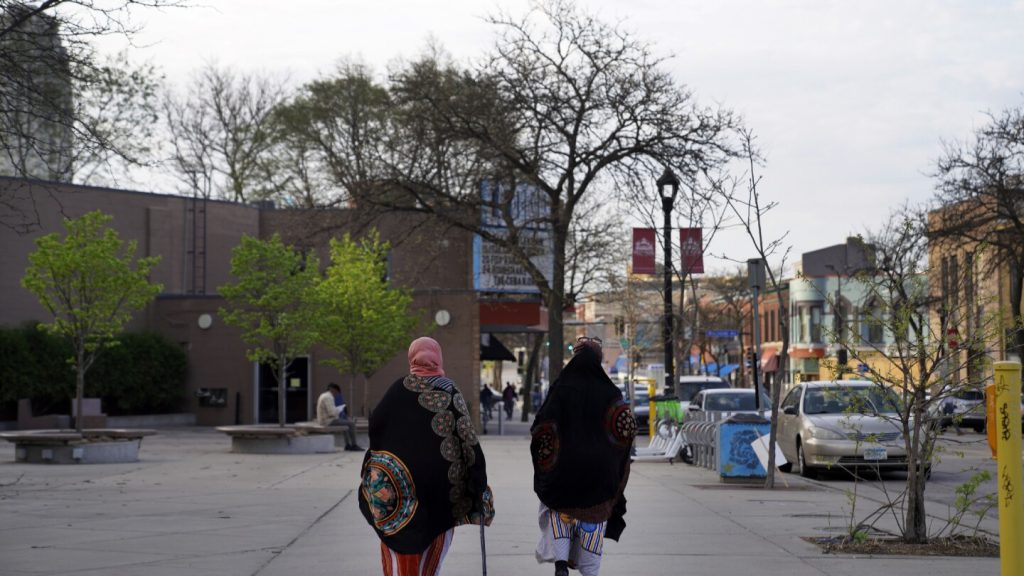Fartun Weli, a community leader in Minnesota, has been concerned about the exploitation of low-income Somali Muslims in the area by deceptive home sellers using contracts for deed. These sellers target refugee immigrants who may not be familiar with the traditional homebuying process or have poor credit. Islamic law prohibits interest on loans, which leads many in the community to seek alternative financing options. Private sellers offer homes without interest, claiming that no banks are involved, but this lack of oversight allows for inflated prices and questionable home conditions.
Contracts for deed involve a private seller retaining ownership of the home until the buyer completes the loan payments and meets all seller conditions. In these agreements, buyers are responsible for property taxes, repairs, and maintenance, even though they do not legally own the home. This practice has been particularly harmful to the Somali Muslim community in Minnesota, many of whom have resettled there from war-torn regions. The Consumer Financial Protection Bureau has pledged to crack down on deceptive and predatory lending practices, including contracts for deed.
At a recent field hearing in St. Paul, CFPB Director Rohit Chopra highlighted the impact of predatory lending on the Somali Muslim community in Minnesota. The agency is urging individuals to report such practices and is emphasizing the need for regulatory oversight to protect vulnerable populations. While contracts for deed are used by approximately 1.4 million Americans, regulating them has proven challenging due to differing state views on their legal classification. The National Association of Realtors is advocating for safe alternative products for buyers who rely on land contracts.
Some experts have called for more state-level regulation to safeguard low-income and immigrant communities from predatory lending practices. The targeting of individuals based on their religious beliefs adds another layer of complexity to the issue. Islamic scholars emphasize the prohibition of interest in traditional financing, prompting some communities to seek alternative arrangements. The hope is that increased awareness and resources for financial literacy will reduce vulnerabilities in immigrant and refugee populations, allowing them to achieve homeownership safely. Overall, the goal is to ensure that all individuals have access to fair and transparent housing options.


